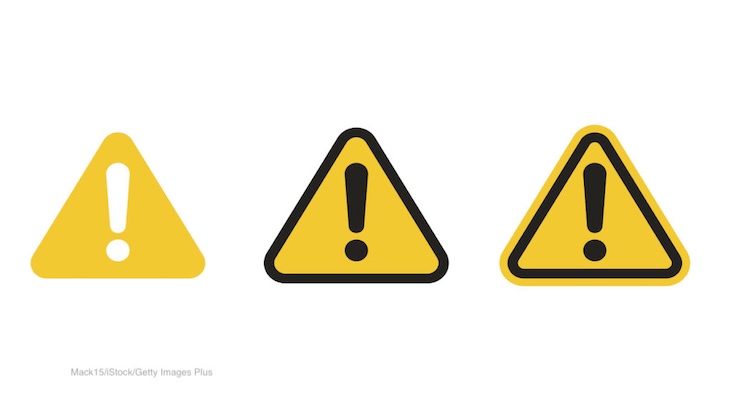May is Food Allergy Action Month. The FD is offering tips to consumers to help them protect themselves about food allergies, which can be deadly. The FDA makes sure that labels on foods are accurate and have complete information about the eight food groups that cause 90% of the serious allergic reactions to food.

Those eight foods include milk, eggs, fish, shellfish (such as crab, lobsters and shrimp), tree nuts (such as almonds, walnuts, and pecans), peanuts, wheat, and soybeans.
Some allergy symptoms are irritating, but others are life-threatening. Many Americans go to the emergency room every year for serious allergic reactions to food.
The most common symptoms of food allergies include:
- Hives, itching, or a skin rash
- Tingling of the mouth, lips, and tongue
- Swelling of the lips, face, tongue, and throat, or other parts of the body
- Wheezing, nasal congestion, or trouble breathing
- Abdominal pain, diarrhea, nausea, or vomiting
- Dizziness, lightheadedness, or fainting
The most serious allergic reaction is called anaphylactic shock. This reaction causes constricted airways in the lungs, severe lowering of blood pressure, shock, and suffocation because of throat swelling.
Public health officials estimate that every year in the U.S., anaphylactic shock, also known as anaphylaxis, causes 30,000 emergency room visits, 2,000 hospitalizations, and 150 deaths.
To help reduce this risk, the FDA requires that major allergenic ingredients in the foods it regulates are accurately labeled. Most recalls of foods in this country are for mislabeled foods or foods without an accurate allergen statement. FDA regulates all food in the U.S. except meat, poultry, and certain egg products; the USDA regulates those foods.
If you do have a food allergy, it’s a good idea to wear a medic alert bracelet. You may also want to consider carrying an auto injector such as an Epi-Pen to administer epinephrine during early food allergy symptoms to help prevent or delay anaphylaxis. And if you or someone you know is experiencing an allergic reaction to food, immediately seek medical help.




